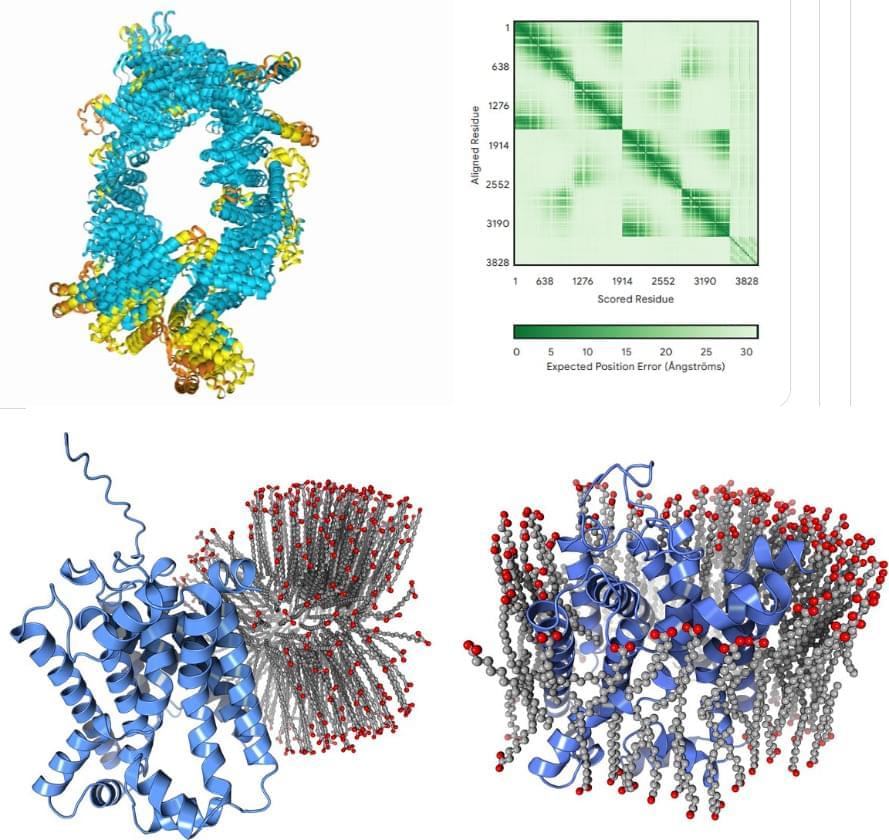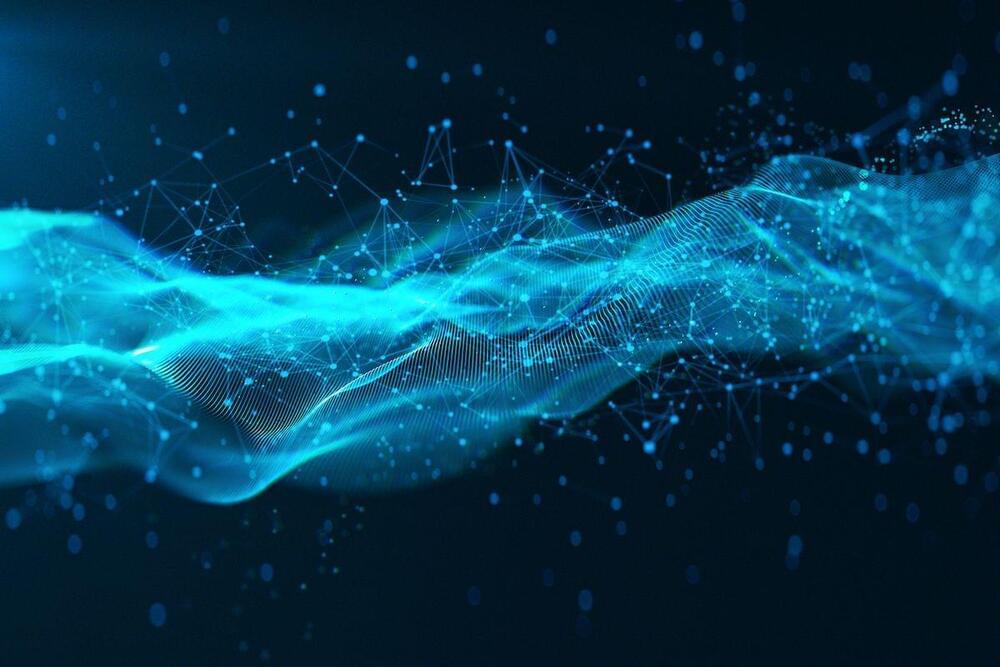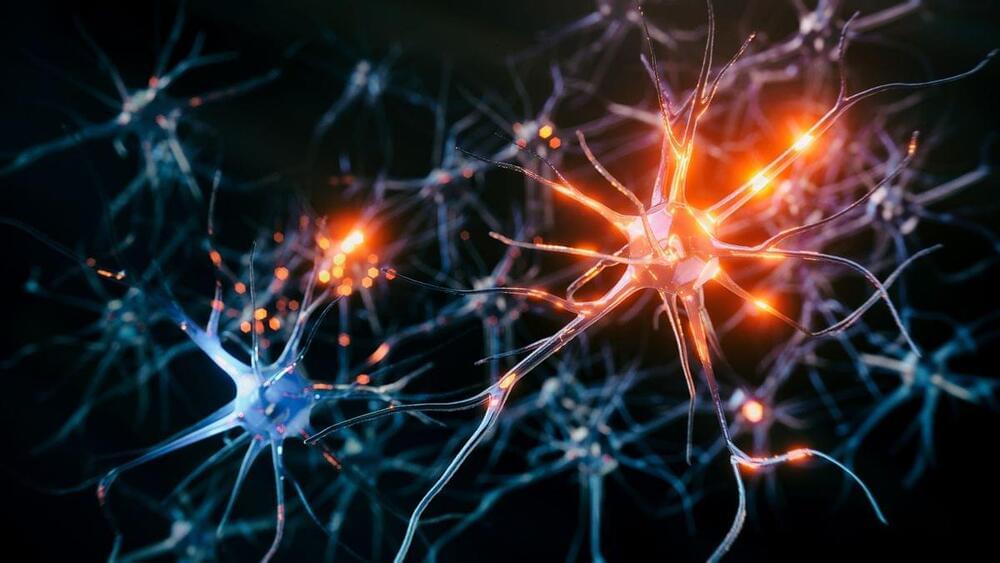Recent MBZUAI Ph.D. graduate Hilal Mohammad Hilal AlQuabeh aims to raise the bar in AI by helping neural networks learn smarter.
Get the latest international news and world events from around the world.


Calcium oxide’s quantum secret: nearly noiseless qubits
Calcium oxide is a cheap, chalky chemical compound commonly used in the manufacturing of cement, plaster, paper, and steel. But the material may soon have a more high-tech application.
UChicago Pritzker School of Molecular Engineering researchers and their collaborator in Sweden have used theoretical and computational approaches to discover how tiny, lone atoms of bismuth embedded within solid calcium oxide can act as qubits — the building blocks of quantum computers and quantum communication devices.
These qubits are described in Nature Communications (“Discovery of atomic clock-like spin defects in simple oxides from first principles”).

Better farming through nanotechnology
(Nanowerk News) Advanced technologies enable the controlled release of medicine to specific cells in the body. Scientists argue these same technologies must be applied to agriculture if growers are to meet increasing global food demands.
In a new Nature Nanotechnology journal review paper (“Towards realizing nano-enabled precision delivery in plants”), scientists from UC Riverside and Carnegie Mellon University highlight some of the best-known strategies for improving agriculture with nanotechnology.



This bold new theory of ‘quantum weirdness’ could rewrite the story of evolution
“… living systems evolve to exploit any aspect of physics that enables exploration of all possible ‘fitness landscapes’.”
Indeed!
In 1990, within the intellectual haven of Haverford College, I embarked on a transformative academic journey into biophysics – the captivating intersection of physics and biology.
It was during this time that I delved into the tantalising notion of quantum mechanics operating within living organisms.
Unbeknownst to me, this exploration would etch an enduring imprint on my scientific voyage, kindling a lifelong fascination with biophysics. Ultimately, I charted my research course in quantum cosmology, but the echoes of biophysics persisted.

The Fermi Paradox: Timebombs
Many fear future technologies may doom our civilization, but could the pursuit of technology, and civilization itself, be what dooms humanity?
Watch my exclusive video ISRU: https://nebula.tv/videos/isaacarthur–…
Get Nebula using my link for 40% off an annual subscription: https://go.nebula.tv/isaacarthur.
Get a Lifetime Membership to Nebula for only $300: https://go.nebula.tv/lifetime?ref=isa…
Join this channel to get access to perks:
/ @isaacarthursfia.
Visit our Website: http://www.isaacarthur.net.
Join Nebula: https://go.nebula.tv/isaacarthur.
Support us on Patreon: / isaacarthur.
Support us on Subscribestar: https://www.subscribestar.com/isaac-a…
Facebook Group: / 1583992725237264
Reddit: / isaacarthur.
Twitter: / isaac_a_arthur on Twitter and RT our future content.
SFIA Discord Server: / discord.
Credits:
The Fermi Paradox: Timebombs.
Episode 450; June 6, 2024
Written, Produced \& Narrated by: Isaac Arthur.
Sound Music Courtesy of:
Epidemic Sound Epidemic Sound http://epidemicsound.com/creator.
Stellardrone, \